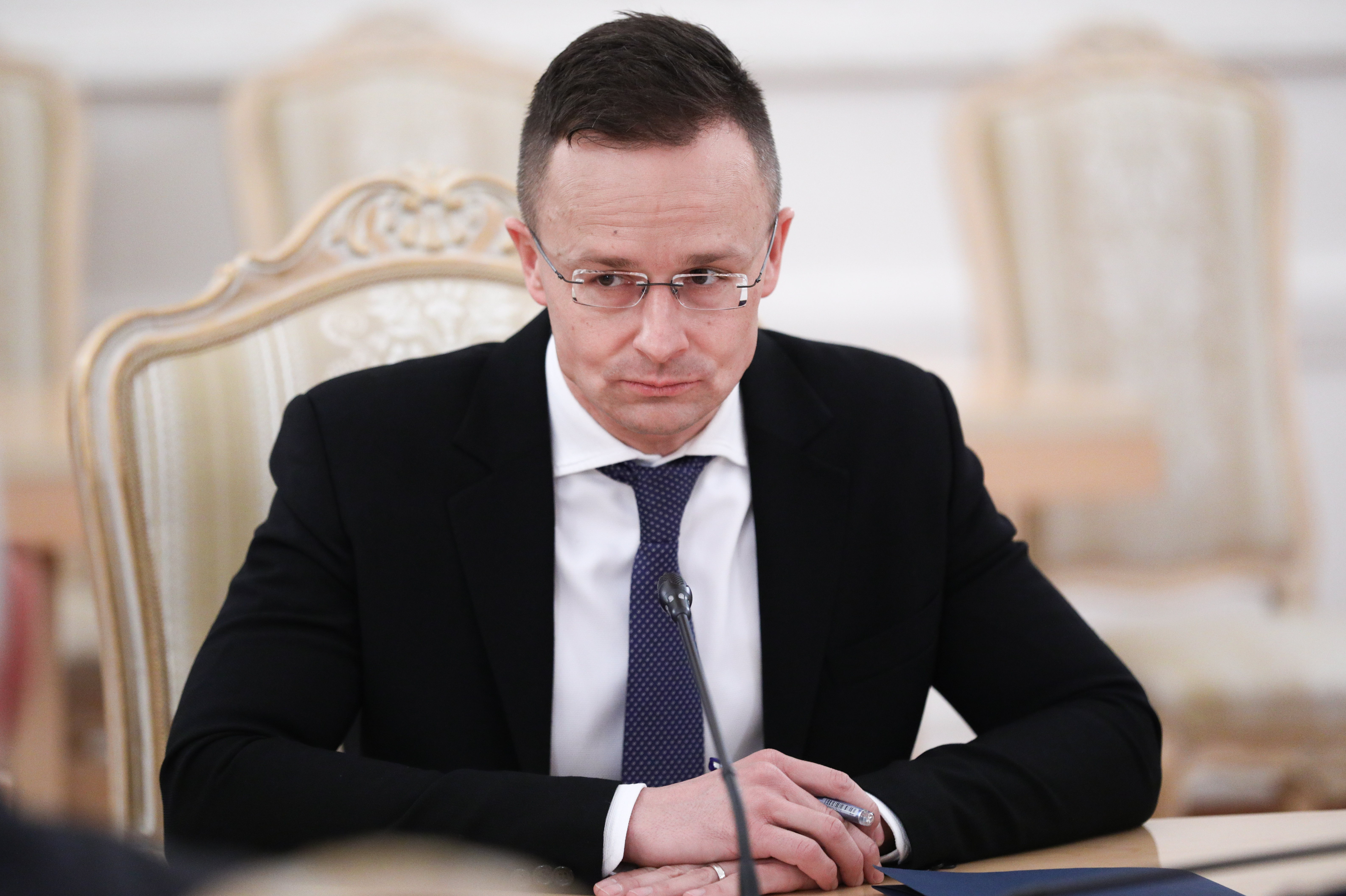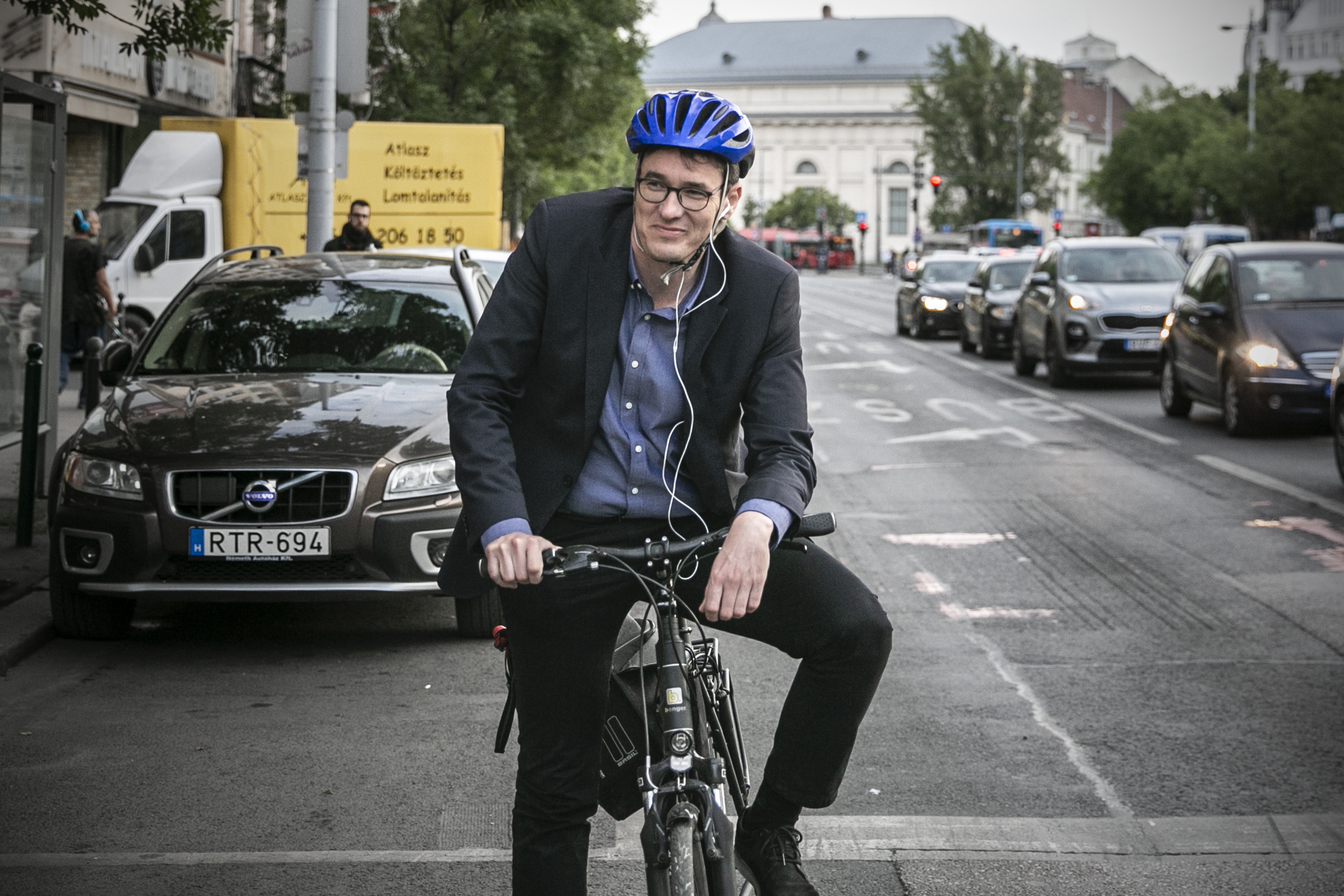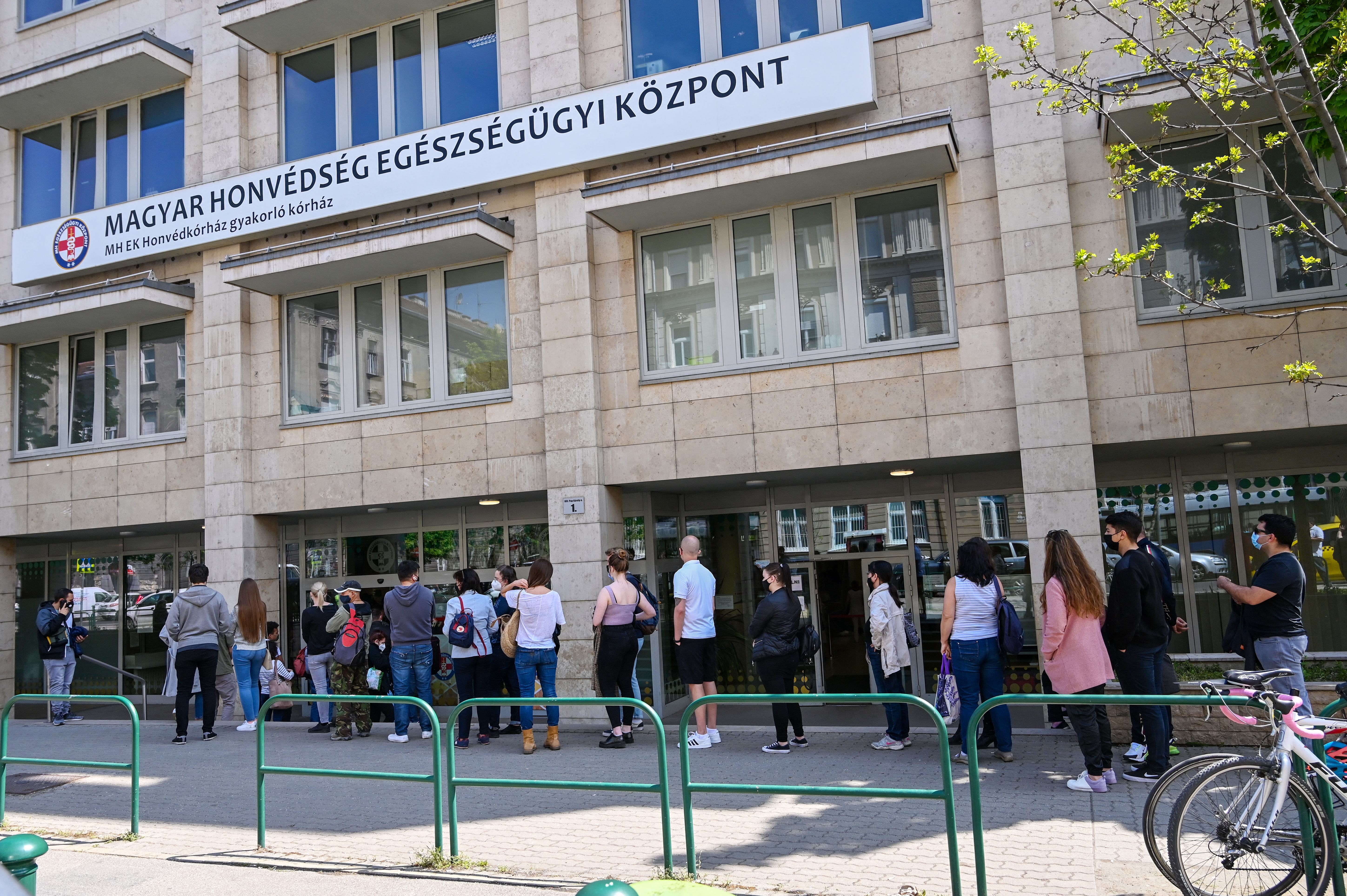Hungary blocks EU statement urging Israel-Palestine ceasefire
- Stay updated on the latest news from Hungary by signing up for the free InsightHungary newsletter:
Hungary on Tuesday blocked a common European Union statement urging an immediate ceasefire in the ongoing Israel-Palestine conflict, the only of the bloc's 27 countries not to get behind the position.
At a video conference of European foreign ministers Tuesday, EU foreign policy chief Josep Borrell called for an end to the violence which has seen Israel's military bombard Gaza with aerial strikes killing at least 227 Palestinians including children, and rocket attacks into Israel by Hamas which have killed at least 12.
Hungary, a staunch ally of Israel, declined to endorse the statement, preventing a common EU position since unanimity is required for adopting policy decisions or statements.
Hungary's foreign minister, Péter Szijjártó, later told news agency AFP that he thought such statements are "one-sided."
"I have a general problem with these European statements on Israel," Szijjárto told AFP in an interview. "These are usually very much one-sided, and these statements do not help, especially not under current circumstances, when the tension is so high."
German Foreign Minister Heiko Maas criticized Hungary's decision to veto the common EU statement, telling German news program ZDF Morgenmagazin, "The most important thing now is that the weapons are silent and that there are no more casualties. Only Hungary saw it differently, for whatever reason."
“To be honest, I find it hard to understand" Hungary's objection, Maas added.
Hungary has been the lone dissenter in a number of joint EU resolutions in recent months. As we reported last week, Hungary blocked a common EU statement criticizing China for restricting democracy in Hong Kong, a decision Maas then called "absolutely incomprehensible."
“This is not the first time that Hungary has broken away from [the EU’s] unity when it comes to the issue of China...I think everybody can work out for themselves where the reasons are,” Maas said, alluding to Prime Minster Viktor Orbán's increasingly close ties to China exemplified by the Budapest-Belgrade railway, the Fudan Hungary University investment, or Hungary's purchase of 5 million doses of the expensive Sinopharm Covid-19 vaccine.
Hungarian news agency MTI later quoted Szijjártó as saying it was "pointless" to issue another statement or resolution on China, since of the eight statements issued so far, "none has brought change or positive progress."
Last month, Hungary also did not comply with calls by the Czech government to expel Russian diplomats in response to an explosion at a Czech munitions depot blamed on a Russian military intelligence unit, making it the only country in the Visegrád 4 not to do so.
Budapest mayor enters race for prime minister
Budapest mayor Gergely Karácsony announced Saturday that he will enter an autumn primary race that will determine a joint opposition candidate to challenge Prime Minster Viktor Orbán in national elections next spring.
"I have one life and one country, and I made this decision because I feel that my country is in big trouble...Hungary feels less and less like our common country, because it is extremely divided,” Karácsony said in a video posted to Facebook. “I want to help reunite Hungary,” he added, saying that he would serve the “99 percent, not the privileged one percent” if he is elected prime minister.
Karácsony's candidacy is supported by his own green party Dialogue, the Hungarian Socialist Party (MSZP) and green party Politics Can Be Different (LMP). He will face Klára Dobrev (Democratic Coalition), András Fekete-Győr (Momentum), Péter Márki-Zay (Everyone's Hungary Movement) and Péter Jakab (Jobbik) in the two-round primary, the first round of which will be held in all of Hungary's 106 voting districts between September 18 and 26.
If no prime ministerial nominee receives an absolute majority plus one vote in the first round, a second round will be held between October 4 and 10.
According to the most recent polling by Médián from the beginning of April, Péter Jakab is the most popular opposition candidate for prime minister, closely followed by Karácsony and then Dobrev. The poll was conducted before Karácsony formally announced his candidacy.
Fidesz has firmly criticized the liberal opposition parties for forming an alliance with Jobbik, which until recently was known for its radical-right politics, anti-Semitic and anti-Roma rhetoric, and association with the right wing quasi-paramilitary group Magyar Gárda.
Later on Saturday, Karácsony announced that he would launch the "99 Movement," a political grouping he said would "represent the interests of 99 percent of the country instead of the richest 1 percent."
"Instead of a country arranged around today's most privileged, we are creating a homeland that offers everyone a chance, a future and a happy life," the movement's website reads.
Fidesz to push for public registry of convicted pedophiles
Fidesz caucus leader Máté Kocsis announced on his Facebook page Tuesday that his party would submit a series of "anti-pedophile" draft proposals next week, one of which would aim to create a searchable registry of those who have committed sexual offenses against children.
"This could prevent pedophiles in many cases from getting near children again," Kocsis wrote.
On Wednesday, he provided further details on the legislative package, writing that Hungary's criminal code would be amended to include four new classifications of crimes that could be punished with sentences equal to those meted out for murder. These included:
- repeated infractions
- crimes committed against children under 12 years of age
- crimes committed with harassment or violence, and
- crimes committed by officials (a provision Kocsis called "lex Kaleta")
The latter provision refers to former Hungarian ambassador to Peru, Gábor Kaleta, who was convicted last year on possession of more than 19,000 images of child sexual abuse. A judge suspended Kaleta's sentence for two-and-a-half years, and ordered him to pay a fine of Ft 540,000 (€1,500). If the former ambassador does not commit a crime within that time period, he will serve no time in prison.
"Those who create, distribute or use pornographic images of children should get ready for the worst allowed by Hungarian law," Kocsis wrote.
Covid update
Hungary's Covid-19 indicators continue to improve, reaching low levels of deaths, hospitalizations and new infections not seen since last October. On Thursday, 51 people lost their lives to coronavirus-related causes, bringing the seven day rolling average to 59, the lowest since November 1.
The number of patients being treated in hospitals was 1,836, the lowest number since October 18, and the rate of positive tests was the lowest it's been since September 4, just above the 5 percent recommended by the World Health Organization.
The improving situation appeared thanks in part to Hungary's vigorous vaccination campaign which has provided at least a first dose of a vaccine to 4,829,595 people, approximately half its population. At a press briefing on Thursday, the prime minister's chief of staff Gergely Gulyás predicted that vaccinations would reach the 5 million mark over the weekend, and that a new round of relaxed pandemic restrictions would follow.
Gulyás said that there are currently more vaccines available in Hungary than the number of those registered to receive one, and that those who register can choose which vaccine they would like to receive. In addition to the option to make appointments to receive the Chinese Sinopharm and Russian Sputnik V vaccines, the government reintroduced online appointments for the Pfizer jab this week.
Hungary has concluded bilateral agreements with several countries, including Serbia, Croatia, North Macedonia, Georgia, Mongolia and Bahrein, on mutually accepting one another's immunity certificates for those who have been vaccinated or recovered from Covid-19. However, some countries have indicated they will not accept certificates of those who received jabs not approved by the European Medicines Agency (EMA), like Sinopharm and Sputnik V.
Austria this week announced that only those in possession of an immunity card showing they had received an EMA-approved vaccine would be permitted to visit indoor dining rooms, theatres, hotels, beaches and other recreational venues. (In a Facebook post Wednesday, Prime Minster Viktor Orbán wrote that more than half of the 15-member cabinet of ministers had received the Sinopharm vaccine.) Germany earlier announced that only those who have received EMA-approved vaccines will be exempt from quarantining when entering German territory.
Meanwhile, the parliament on Tuesday voted 128-57 to approve a bill extending the state of emergency until 15 days following the first autumn parliamentary session, ensuring that all decrees established since the introduction of the special legal order last March will remain in effect until late September or October.




